The annual three-day event – The European House-Ambrosetti Forum – brings together business and industry leaders, diplomats, and government officials from Italy. It is held in Cernobbio, near Lake Como. Hungarian Prime Minister Viktor Orban spoke on the forum’s opening day, addressing the future of Hungary and Europe.
We will defend the interests of Hungarians both at home and abroad. Today an economic forum in Italy, and tomorrow we are heading for Kotcse!
– Mr. Orban wrote on social media Friday morning.
The main goal of the Hungarian presidency is to increase competitiveness. To this end, Hungary intends to conclude a competitiveness pact with leaders of EU member states in November,
– Mr. Orban emphasized at the beginning of his speech. He said there are two main problems. The first, although the EU is a structure of peace, is that there's now a war raging in our neighborhood, and the second is migration, which continues to destabilize the EU.
He highlighted three main problems when it comes to strengthening competitiveness. The first is a need to rethink the Green Agreement, which currently runs counter to the logic of business. The second is a need to reduce bureaucracy.
If businesses want to be more competitive, we need bureaucratic procedures that are a lot less difficult, and less bureaucracy anyway,
– Mr. Orban pointed out.
The third is to make the investment climate more attractive, because we have reached a point where even European companies are investing outside the EU.
If we don't define the objective, cooperation alone is not of value,
– the Hungarian prime minister emphasized. We need more cooperation from a market perspective, not a political one. Political union is killing the EU in terms of competitiveness.
However, cooperation is very much needed in terms of defence,
– he added. There is no debate about the EU's fundamental values, which are enshrined in the bloc's basic treaties. But there are issues on which positions differ, such as war, migration or gender, and trying to create a political union on these issues would tear the EU apart.
While some countries have decided to let migrants in and are now facing problems, others have never gone down this road,
– PM Orban said. These two, very different situations cannot be dealt with in a unified way, so it would be good if countries that do not want to follow a common migration policy could opt out.
According to Hungary's prime minister, the question is why migration does not fall within the remit of individual member states' sovereignty, and why is it not something for each individual country to decide. If a country wants to live with migrants because it feels that it's good for society, then it should be allowed to do so.
But if another country considers it too risky, for example because of terrorism, public security or the burden on public finances, why should it not have the right to say no?
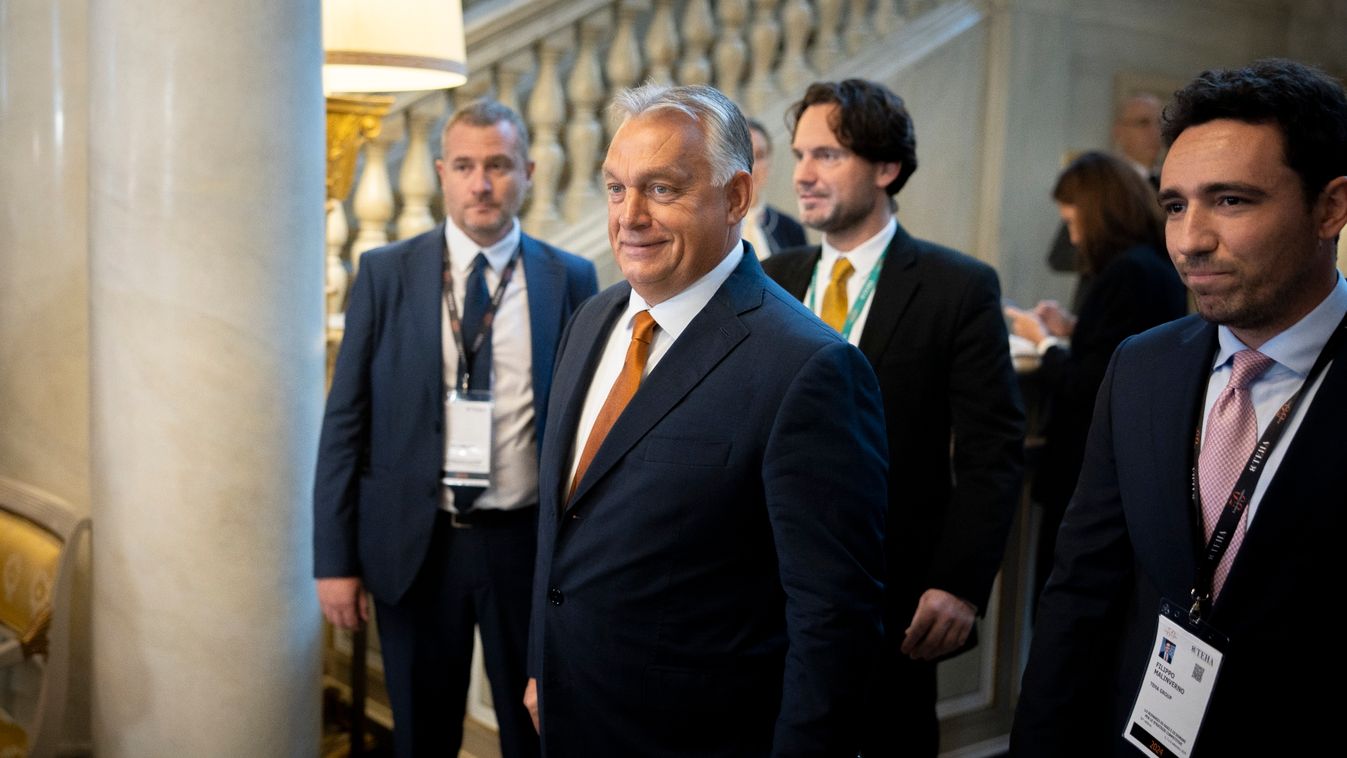
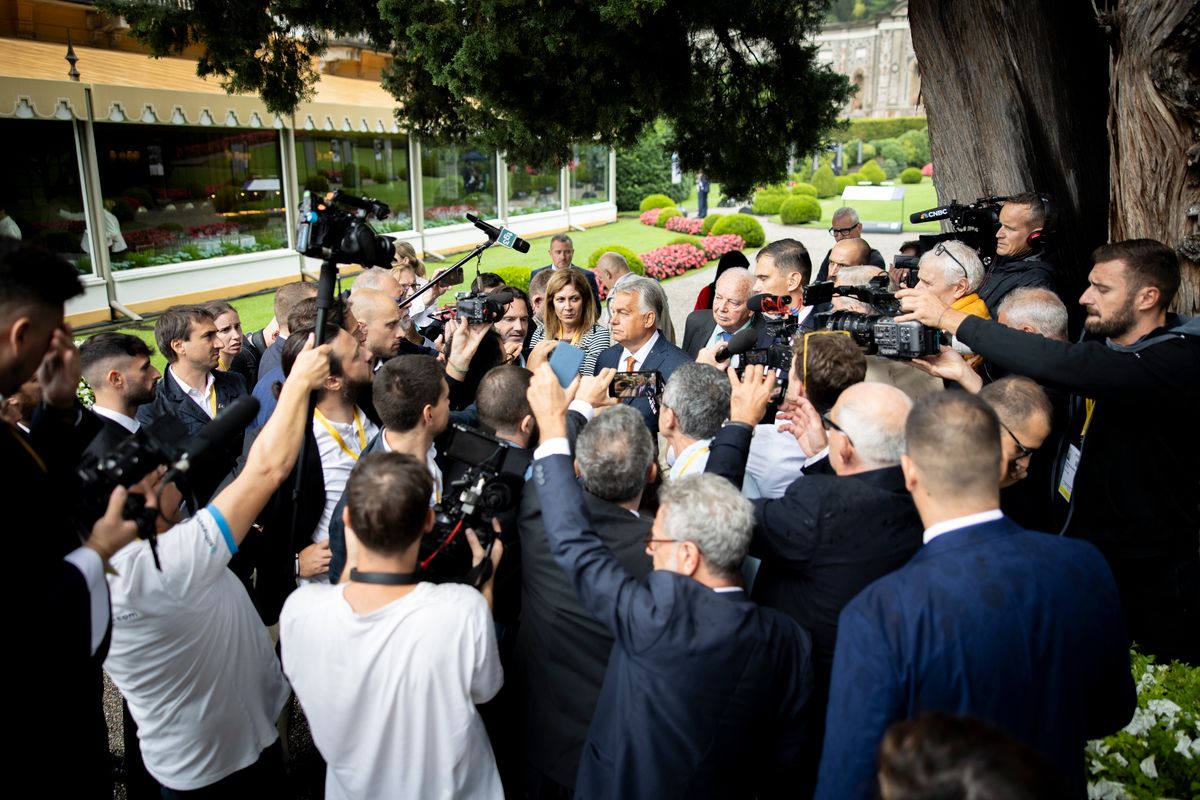
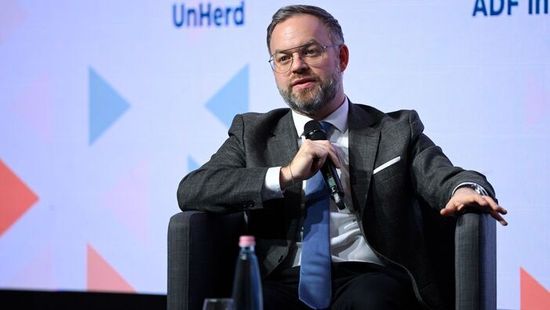

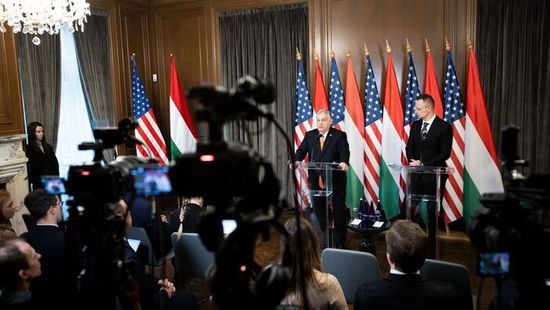
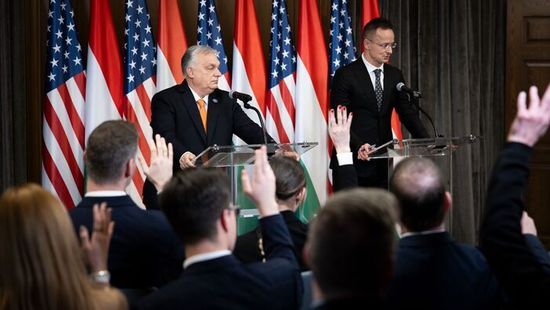

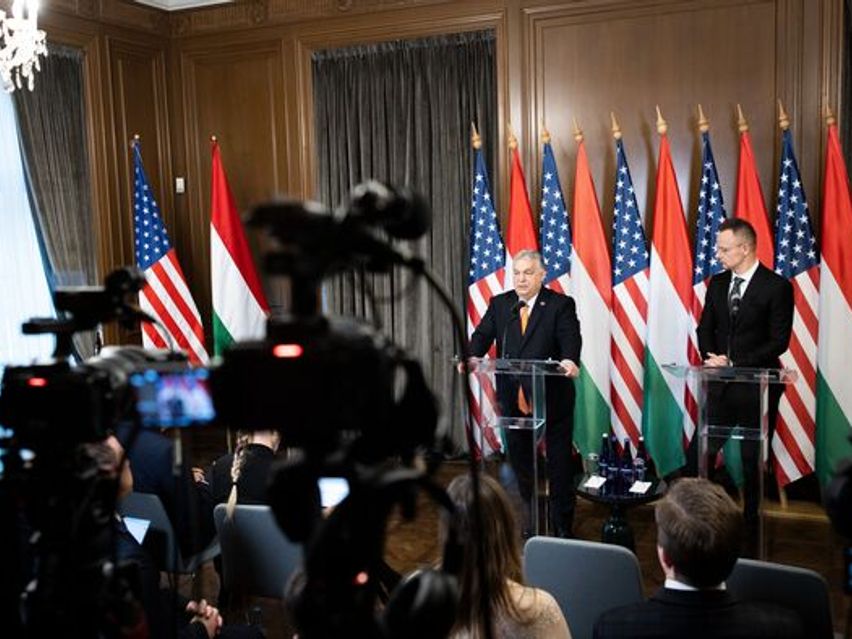
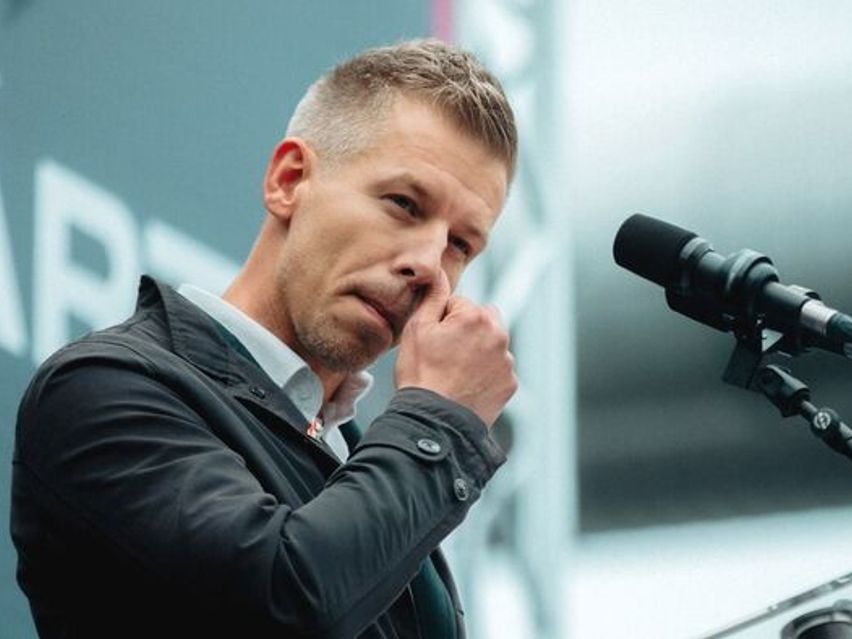
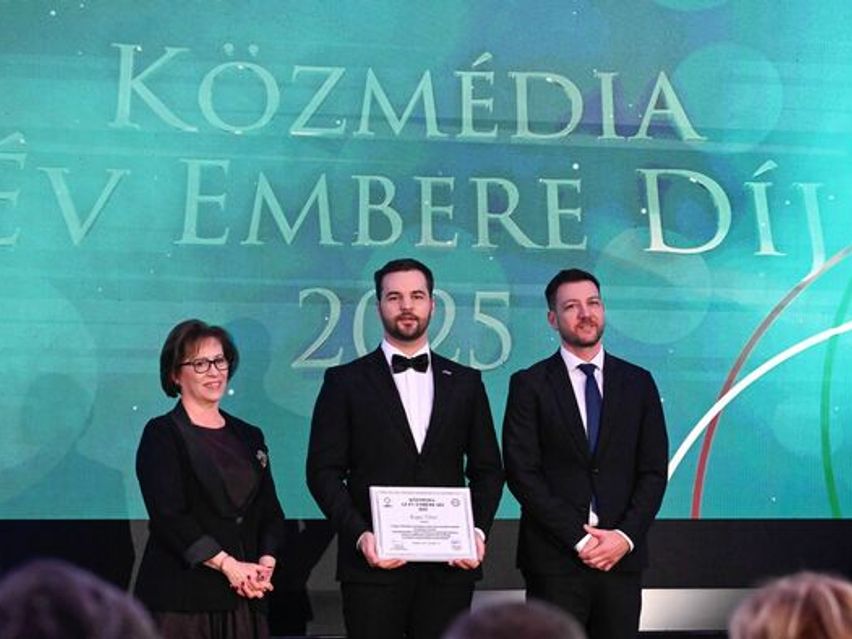
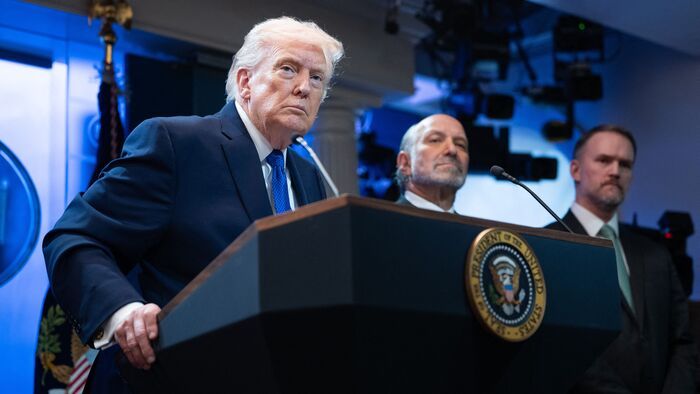

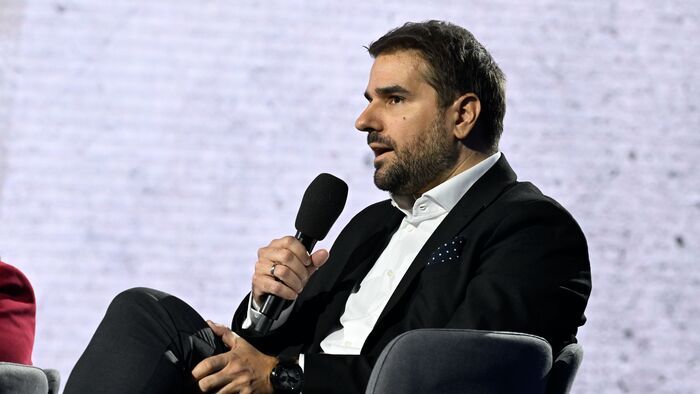
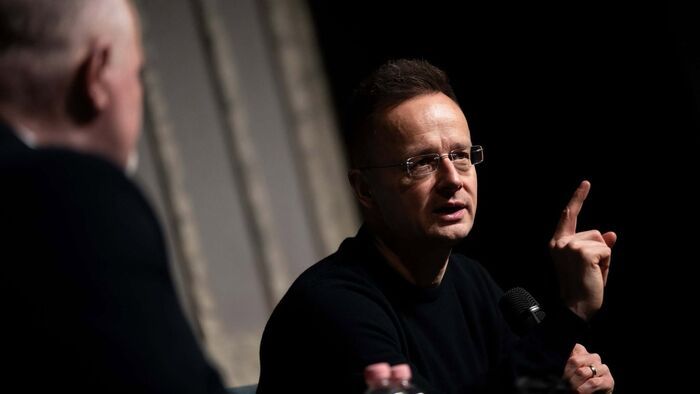
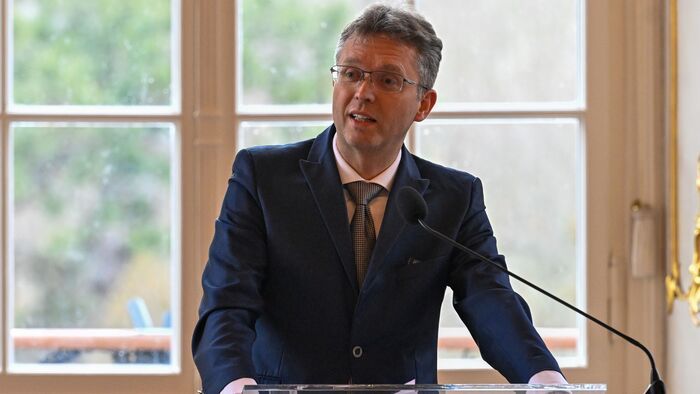


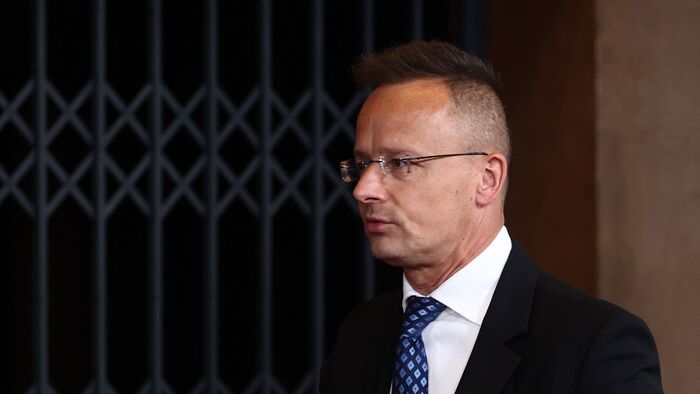
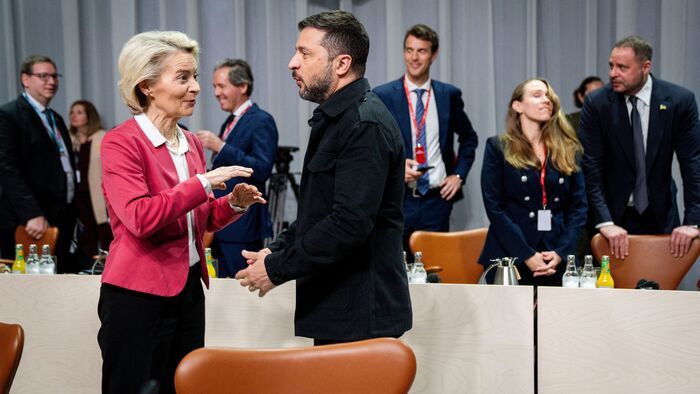


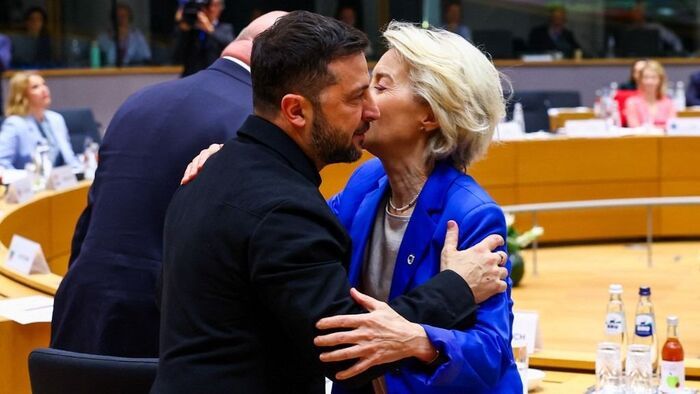


Szóljon hozzá!
Jelenleg csak a hozzászólások egy kis részét látja. Hozzászóláshoz és a további kommentek megtekintéséhez lépjen be, vagy regisztráljon!